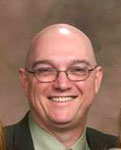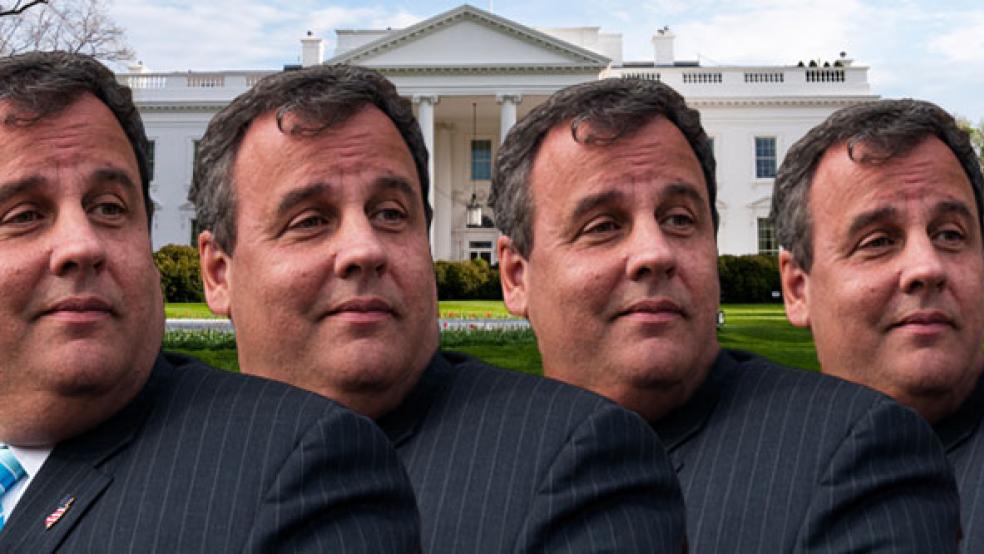Predicting the primary winners in the next presidential cycle is a dangerous business for pundits, more so on the Democratic side of the ledger rather than the Republican.

Barack Obama came out of nowhere as a first-term backbencher in the Senate to disrupt the expected coronation of Hillary Clinton. John Kerry likewise emerged late from a field of non-entities when Internet campaigning pioneer Howard Dean flamed out in the Iowa caucuses in 2004. Republicans, on the other hand, have for the last 33 years almost always chosen the runner-up of the previous cycle, with only George W. Bush being the obvious exception to the rule in 2000.
That streak will likely end in the 2016 cycle for a number of reasons. First, the string has mostly run out on Republicans with deep roots in the old establishment. Neither Rick Santorum nor Newt Gingrich – the two candidates with a claim on the runner-up position from 2012 – provide much emotional connection to the grassroots activists in the Tea Party-influenced GOP of today. By the time 2016 rolls around, both men will have been out of office for a decade or more, and will seem even more a part of the GOP’s past than its future.
RELATED: CHRIS CHRISTIE: COMMON SENSE FIRST, PARTY SECOND
At the same time, the focus on Capitol Hill for the 2016 candidates might miss the mark, too. Senators Marco Rubio and Rand Paul get plenty of media focus when it comes to potential 2016 candidacies, with Rep. Paul Ryan not far behind. However, Rubio and Paul will still be in the middle of their first terms in the Senate – Obama never finished his, but most Republicans consider that a bug, not a feature.
None of the three has any formal executive experience in politics, either. The last non-Governor Republican who won a general election was the first George Bush, who had been the sitting Vice President during the campaign. The Republican legislators who won the nomination since then--Bob Dole and John McCain--ended up losing against incumbent Democrats.
It’s more likely that Republicans will look to the ranks of governors for their next nominee, and none gets more media attention than Chris Christie of New Jersey.
Like Newt Gingrich, Christie uses his combative nature to belittle reporters and talk bluntly on policy, which delights the media-suspicious Republican grassroots. Less delightful to the GOP base, though, is Christie’s support for gun control in New Jersey and his embrace of Barack Obama during Hurricane Sandy. His attack on House Republicans for demanding pay-fors before approving federal aid also left some hard feelings, especially since the Senate had porked up the aid bill significantly before the lower chamber was asked to approve it.
These shifts away from the base may seem puzzling for someone who many think has presidential aspirations, but they make perfect sense in the context of Christie’s gubernatorial re-election.
New Jersey isn’t a conservative state by any means--Obama won the state by 17 points last November. Christie’s presidential aspirations depend on winning a second term this year, which means he has to walk a path that puts him between Obama and the Republican base. If that means spending a lot of time on MSNBC’s "Morning Joe" to glad hand and schmooze, by golly, that’s what will happen.
His strategy seems to be working so far, as most polls put the chances of his losing the election at about the same likelihood as the Harlem Globetrotters dropping consecutive games to the Washington Generals.
RELATED: BOEHNER MAKES U-TURN AFTER CHRISTIE TONGUE-LASHING
After an election, things can change--including Christie himself. The governor revealed this week that he underwent outpatient lap-band surgery to address the most remarked-upon obstacle to a successful presidential campaign--his waistline. Christie insisted that this had nothing to do with his presidential aspirations, but the timing seems at least propitious.
The governor has already lost 40 pounds in three months, and by the time the pre-primary debates roll around, Christie should be in fighting form. John Dickerson at CBS pointed out the timing: “[I]t will be fully paying off just before the Iowa and New Hampshire primaries.” With a step or two to the right on policy, and his media skills honed, Christie would be a formidable candidate – or so people believe at the moment.
That ignores a number of difficulties, not the least of which is that Christie will not be the only governor who will get a look. By that time, Scott Walker may be in his second term in Wisconsin, if he can turn the hat trick and win a third statewide re-election after winning his first term a second time in a recall. Walker’s victory on public-employee union reforms made him a darling of grassroots groups, and unlike Christie, Walker didn’t shift to the center when it came time to stand for an election.
Indiana’s Mike Pence, who got some brief attention as a potential 2012 candidate while leading House conservatives, has successfully transitioned to lead a key Rust Belt state as governor. Susana Martinez got a star turn at the Republican national convention last year and made the most of it, giving the GOP a chance to nominate a Hispanic female to the ticket. All three will start with more grassroots credibility than Christie, even if they don’t quite measure up to Christie’s star power in the media.
Even more to the point, don’t expect a couple of steps to the right on policy to mollify Republican and conservative activists. While Christie will continue to have a high media profile, the people who actually volunteer as organizers won’t be impressed with that achievement.
The failure of Mitt Romney, another Northeastern Republican moderate, in 2012 to defeat a weakened Obama will further discredit Christie. When it comes to playing in the primaries, Christie may not be the heavyweight people assume--especially with the wealth of alternatives--no matter what the scales say by January 2016.
In other words, picking the Republican candidate this far out is even more of a fool’s errand than usual. The discrediting of the old Republican order will make the 2016 cycle a wide-open affair, and the success of the potential candidates over the next 18 months through the midterm election cycle in boosting themselves and other Republicans will qualify and clarify their potential. That’s the weight that matters for the next nomination fight. If the formerly fat man sings, it won’t mean the opera’s over.






